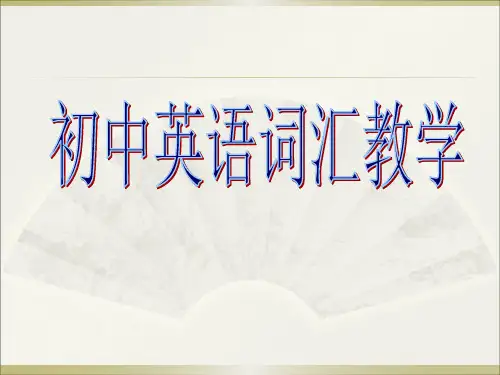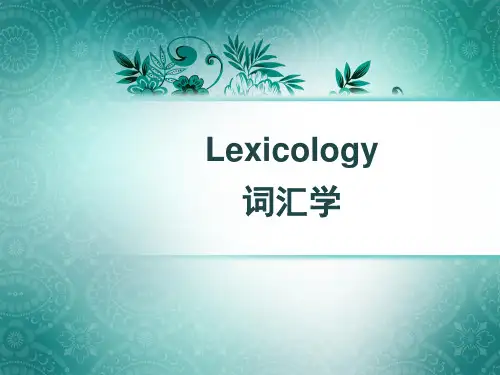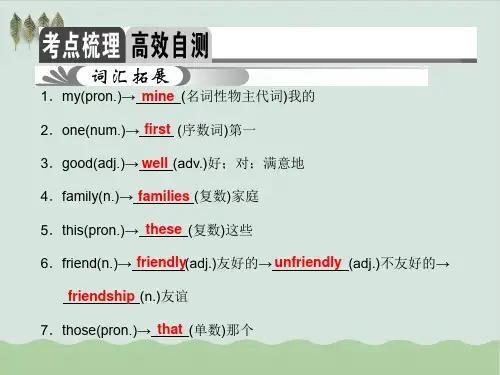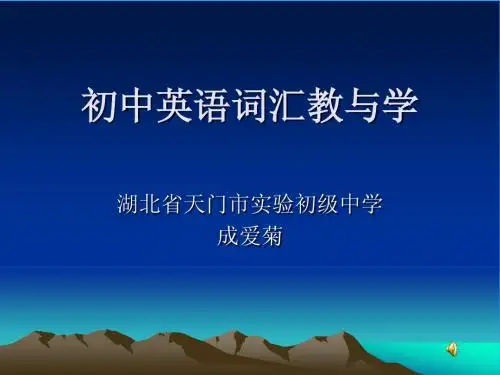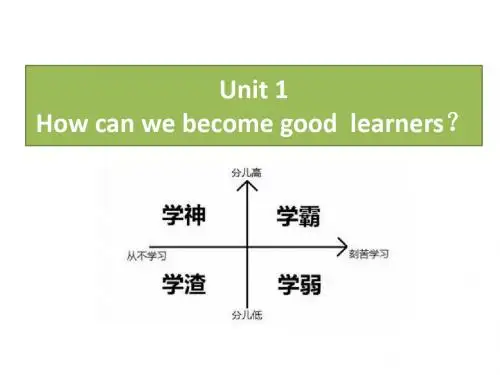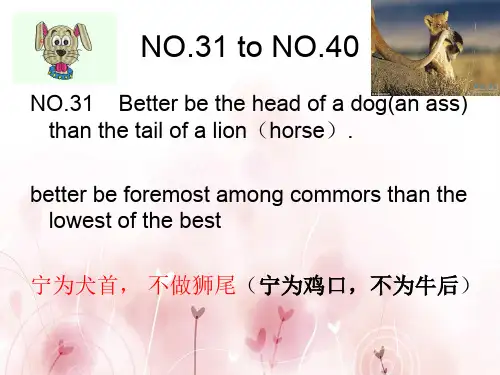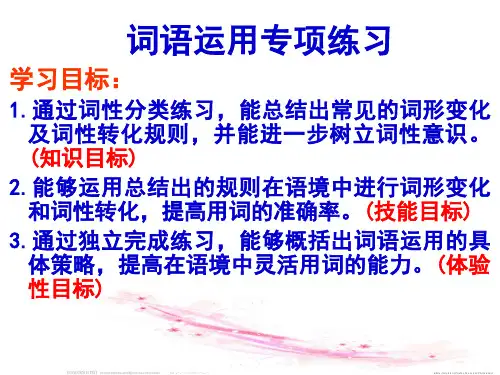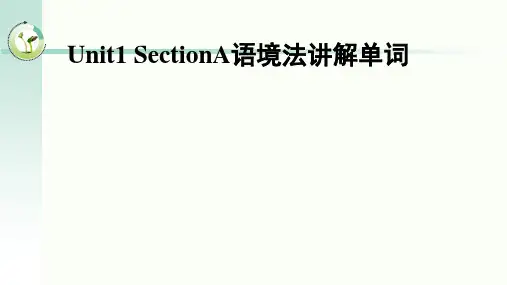❖ 2. synonyms and idioms
B: rapid growth of present-day English Vocabulary and Its causes
❖ Neologisms(新词) after World War II ❖ Reasons: ❖ 1. progress of science and technology科技
❖ This definition emphasizes syntax(句法), but does not touch upon meaning.
Antoine Meillet
❖ “A word is defined by the association of a given sense with a given group of sounds capable of a given grammatical use.” (p.2, para.2 )
Bloomfield布洛姆菲尔德(美国语言学家教育 家) and ❖ a French linguist, Antoine Meillet(梅耶,法 国语言学家)
Bloomfield
❖ “some linguistic forms(语言形态), which we call bound forms(限定/非自由形态) are never used as sentences.
invaded by Angles盎格鲁, Saxons撒克逊, Jutes朱特人
❖ Vocabulary: 5000-6000 words,chiefly Anglo-Saxon/ some Old Norse古斯堪的那维 亚语
❖ Old Norse words (are, they, their, them, till, call, die, give, take, skin, window, ill, weak)
